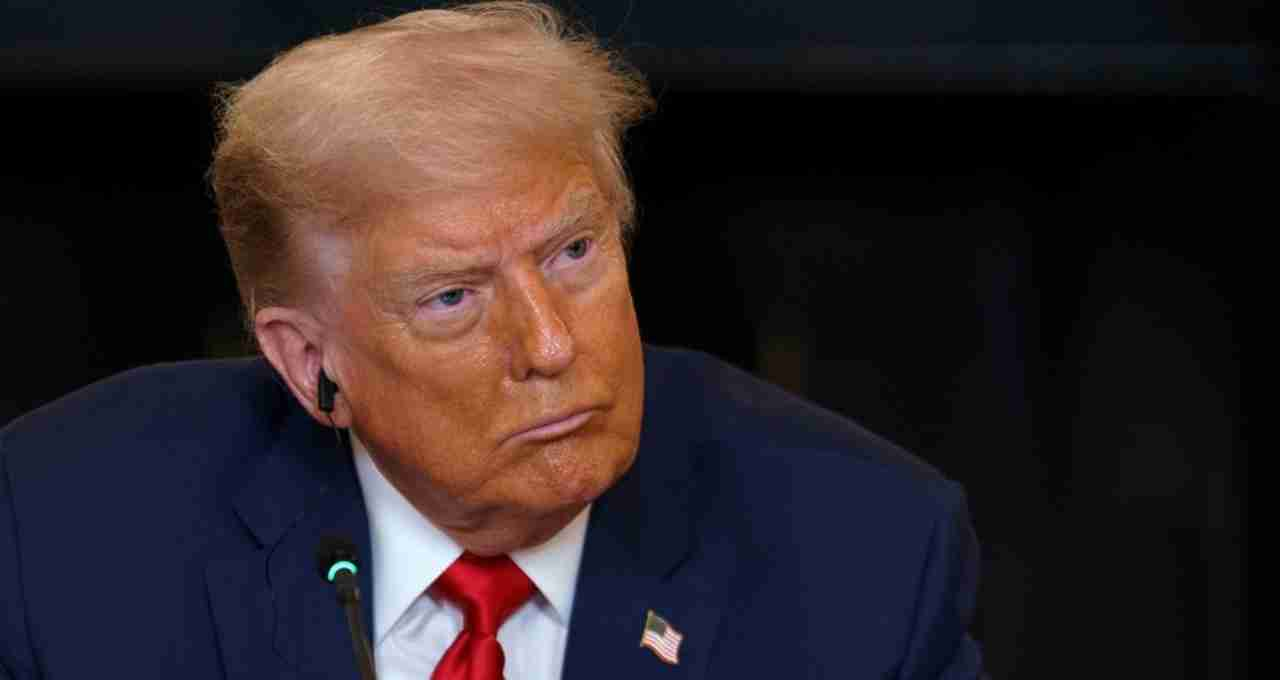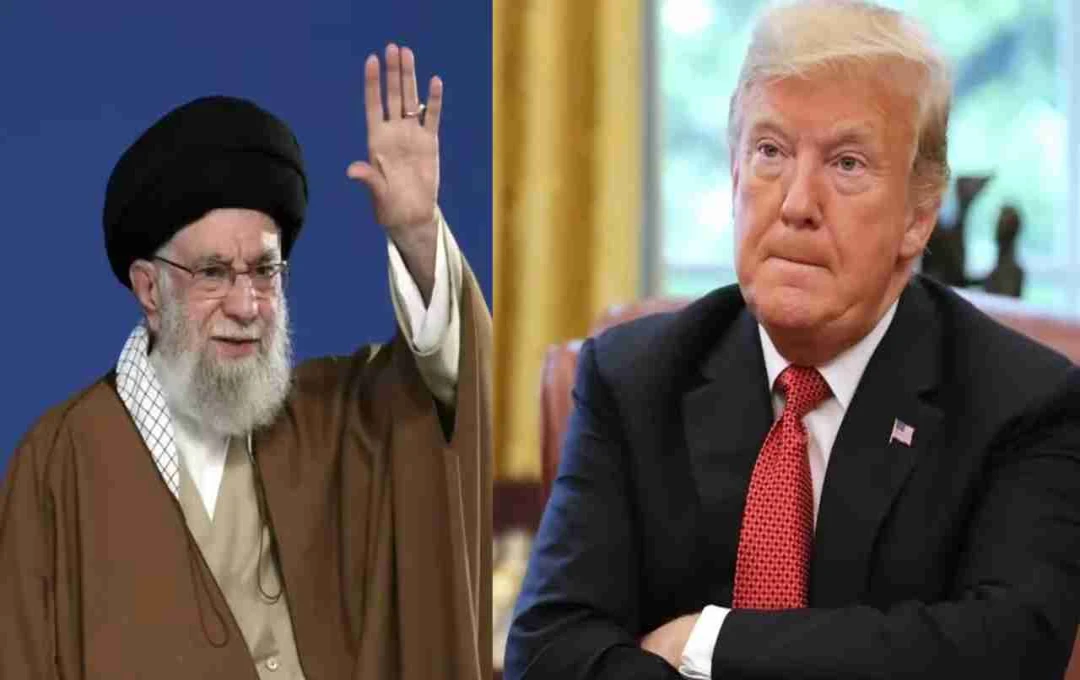Iran has protested against the US-backed Trump Bridge project, warning that it poses a threat to its national security. This move could trigger new geopolitical tensions in the Middle East.
Iran-US: The situation in the Middle East appears to be heating up once again. Iran has bly opposed the new international corridor "Trump Bridge," brokered by former US President Donald Trump. This corridor is part of the peace agreement between Armenia and Azerbaijan, but Iran considers it a serious threat to its national security.
Tensions Rise Again 47 Days After Ceasefire
The conflict between Iran and Israel ended recently on June 24. Just 47 days later, a new dispute has emerged. This time, the cause of the clash is directly related to the US and Trump. Ali Akbar Velayati, deputy to Iran's Supreme Leader Ayatollah Khamenei, has stated that Tehran will not approve the construction of the "Trump Bridge" corridor under any circumstances. He claims that this project will harm regional stability and is very close to Iran's borders.
What is the "Trump Bridge" and Why is it Controversial?
US President Donald Trump brokered an agreement with Armenian Prime Minister Nikol Pashinyan and Azerbaijani President Ilham Aliyev. Under this agreement, the US has been granted a 99-year lease for this corridor. The White House has named it the "Trump Route" and has described it as an important step towards international peace and prosperity.

This corridor will connect Azerbaijan to its Nakhchivan region and will pass through Armenia's southern province of Syunik. This will provide Azerbaijan with direct connectivity, but Iran says that it will be very close to its northern border and will provide the US military with strategic access.
Iran's Security and Economic Concerns
Iran argues that Azerbaijan can already access Nakhchivan through Iranian territory. The new route could not only weaken its economic position but also bring the US to its doorstep. Tehran fears that this corridor could be used for espionage and military activities in the future.
Russia's Declining Influence and Growing US Presence
The South Caucasus region has long been under Russia's influence. However, after the displacement of thousands of Armenian civilians from Nagorno-Karabakh in 2023, the Kremlin's influence as a mediator has diminished. Now, Armenia is moving closer to Washington, which is a sign of a major geopolitical shift. The "Trump Bridge" is considered a symbol of this change.










